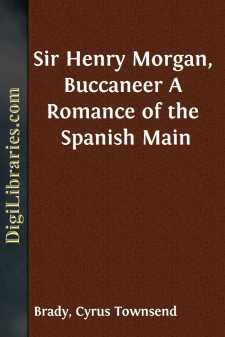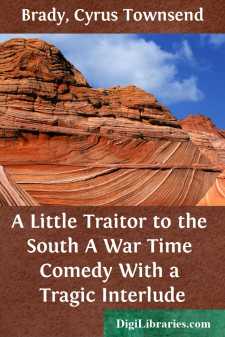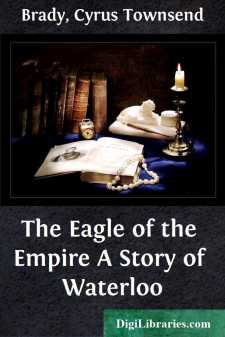Categories
- Antiques & Collectibles 13
- Architecture 36
- Art 48
- Bibles 22
- Biography & Autobiography 815
- Body, Mind & Spirit 144
- Business & Economics 28
- Children's Books 18
- Children's Fiction 14
- Computers 4
- Cooking 94
- Crafts & Hobbies 4
- Drama 346
- Education 58
- Family & Relationships 59
- Fiction 11829
- Games 19
- Gardening 17
- Health & Fitness 34
- History 1378
- House & Home 1
- Humor 147
- Juvenile Fiction 1873
- Juvenile Nonfiction 202
- Language Arts & Disciplines 89
- Law 16
- Literary Collections 686
- Literary Criticism 179
- Mathematics 13
- Medical 41
- Music 40
- Nature 179
- Non-Classifiable 1768
- Performing Arts 7
- Periodicals 1453
- Philosophy 65
- Photography 2
- Poetry 896
- Political Science 203
- Psychology 44
- Reference 154
- Religion 515
- Science 126
- Self-Help 85
- Social Science 82
- Sports & Recreation 34
- Study Aids 3
- Technology & Engineering 59
- Transportation 23
- Travel 463
- True Crime 29
Our website is made possible by displaying online advertisements to our visitors.
Please consider supporting us by disabling your ad blocker.
Sir Henry Morgan, Buccaneer A Romance of the Spanish Main
Description:
Excerpt
PREFACE
In literature there have been romantic pirates, gentlemanly pirates, kind-hearted pirates, even humorous pirates—in fact, all sorts and conditions of pirates. In life there was only one kind. In this book that kind appears. Several presentations—in the guise of novels—of pirates, the like of which never existed on land or sea, have recently appeared. A perusal of these interesting romances awoke in me a desire to write a story of a real pirate, a pirate of the genuine species.
Much research for historical essays, amid ancient records and moldy chronicles, put me in possession of a vast amount of information concerning the doings of the greatest of all pirates; a man unique among his nefarious brethren, in that he played the piratical game so successfully that he received the honor of knighthood from King Charles II. A belted knight of England, who was also a brutal, rapacious, lustful, murderous villain and robber—and undoubtedly a pirate, although he disguised his piracy under the name of buccaneering—is certainly a striking and unusual figure.
Therefore, when I imagined my pirate story I pitched upon Sir Henry Morgan as the character of the romance. It will spare the critic to admit that the tale hereinafter related is a work of the imagination, and is not an historical romance. According to the latest accounts, Sir Henry Morgan, by a singular oversight of Fate, who must have been nodding at the time, died in his bed—not peacefully I trust—and was buried in consecrated ground. But I do him no injustice, I hasten to assure the reader, in the acts that I have attributed to him, for they are more than paralleled by the well authenticated deeds of this human monster. I did not even invent the blowing up of the English frigate in the action with the Spanish ships.
If I have assumed for the nonce the attributes of that unaccountably somnolent Fate, and brought him to a terrible end, I am sure abundant justification will be found in the recital of his mythical misdeeds, which, I repeat, were not a circumstance to his real transgressions. Indeed, one has to go back to the most cruel and degenerate of the Roman emperors to parallel the wickednesses of Morgan and his men. It is not possible to put upon printed pages explicit statements of what they did. The curious reader may find some account of these "Gentlemen of the Black Flag," so far as it can be translated into present-day books intended for popular reading, in my volume of "Colonial Fights and Fighters."
The writing of this novel has been by no means an easy task. How to convey clearly the doings of the buccaneer so there could be no misapprehension on the part of the reader, and yet to write with due delicacy and restraint a book for the general public, has been a problem with which I have wrestled long and arduously. The whole book has been completely revised some six times. Each time I have deleted something, which, while it has refined, I trust has not impaired the strength of the tale....








